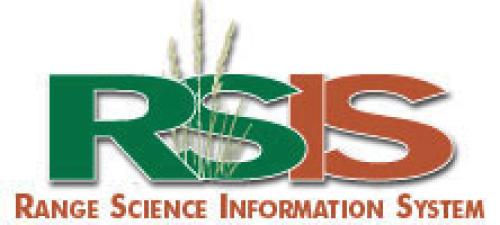Vegetation and soil chemistry variables were measured inside and outside of a 7 year old exclosure to determine the effects of moose (Alces alces) herbivory on Alaskan taiga forest succession. Vegetation measurements indicated that moose herbivory increased alder (Alnus tenuifolia) and decreased willow (Salix spp.) composition, most likely due to selective browsing pressure on willow species. This shift in species composition effected the understory growth environment and soil chemical properties. Browsed areas had lower soil carbon levels and greater soil pH than exclosed areas. The results of this study suggest that moose alter the succession of Alaskan taiga forests and that ungulate herbivory is capable of influencing both short and long-term soil and plant community dynamics.

Citations and enhanced abstracts for journals articles and documents focused on rangeland ecology and management. RSIS is a collaboration between Montana State University, University of Idaho, and University of Wyoming.